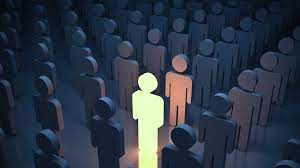Eight Speech Theories
A relevant issue with this freedom of expression is something has only recently come to the forefront. That would be the use of song lyrics, particularly rap, against the musician in court in a self incriminating fashion. This is a slippery slope to go down as many artists play up to a character or speak on fictional matters in their songs. The Restoring Artists Protection Act, the RAP Act, is a proposal to limit the use of lyrics in federal criminal proceedings. An argument is made that the use of rap lyrics in court is inherently prejudiced and used in a discriminatory manner. The use of song lyrics is only seen in the rap genre and stifles the artists ability to tell a story.
There is not much room to discern between a confession, incriminatory statement, or fiction/satire. It could also potentially limit the creative room for artists who intentionally make horror themed content or "scary" music. While not my cup of tea the nineties rap duo Insane Clown Posse makes music that is intentionally theatrically horror inspired and talks of many extremely dark themes. If they were looking over their shoulder worried they would be prosecuted for their satirical songs, almost their entire discography would be gone.
Musicians across all genres have signed a petition, partnering with streaming services such as Spotify to stop the use of lyrics in a courtroom. They cited the first amendment and felt they should be protected under it. Free speech is key to individuality and self expression. Having song lyrics treated similarly to a direct threat to the president is unconstitutional.
While not having a shred of musical talent and ability in my body, music and the different genres and artists I listen to mean the world in terms of self identity and expression. Freedom of speech and the protection of the first amendment is crucial to myself and those around me. Any attempt to hinder this freedom or take part of it away is simply not okay.







No comments:
Post a Comment